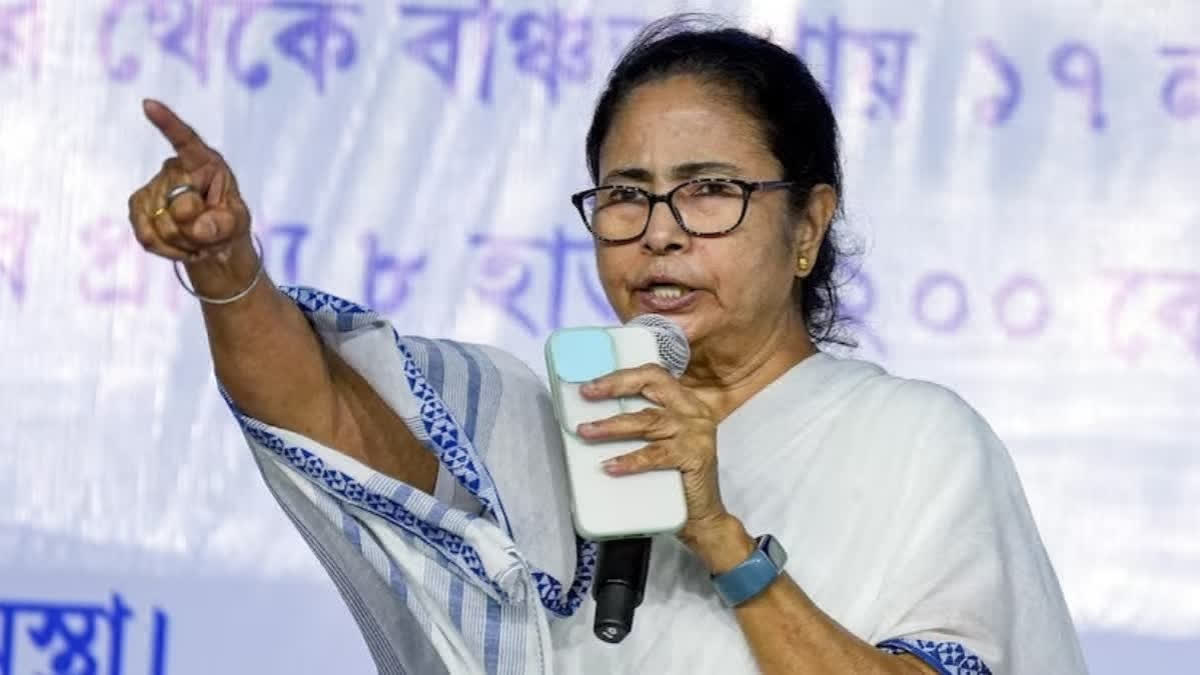Kolkata: West Bengal Chief Minister Mamata Banerjee on Thursday stressed the importance of implementing biometric systems in the state's medical colleges, following a Supreme Court directive.
Mamata held a long meeting at the state secretariat, Nabanna, focussing on hospital safety and security. In the meeting, it was decided that former Director General of Police, Surajit Kar Purkayastha, will oversee security audits of hospitals across the state.
The Chief Minister said that she would monitor the progress of these measures through a one-to-one app. The state government has allocated Rs 100 crore for the improvement of washrooms, restrooms, and other essential facilities in hospitals.
Banerjee directed the principals of hospitals to address these issues, which are under the Public Works Department (PWD). Additionally, she tasked the Chief Secretary and the Home Secretary with creating a mechanism to ensure the safety of medical students.
"Installation of CCTVs in various parts of the state has already begun, but it may take time to complete due to the ongoing flood situation. The government has to manage both flood relief and hospital safety efforts," Banerjee said.
She acknowledged that considerable work has been done but added that the administration is balancing multiple responsibilities, including the ongoing flood crisis and preparations for Durga Puja.
Regarding flood relief, the Chief Minister said, "It has rained again in the past two days, and the Damodar Valley Corporation (DVC) released 35,000 cusecs of water yesterday. Bengal is floating."
She also directed District Medical Officers of Health (DMOH) and Chief Medical Officers of Health (CMOH) to address the malaria situation, although she noted that dengue cases have decreased this year.
The Supreme Court in its observation emphasised the introduction of biometrics in hospitals. "We have asked the principals to implement biometric systems," she said.
"From now on, the principals of hospitals will head the patient welfare associations, with representatives from junior doctors, senior doctors, nurses, and one public representative," Banerjee added.
Read More



